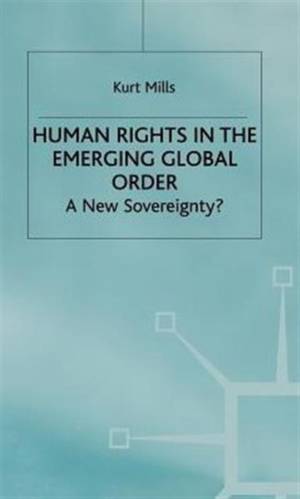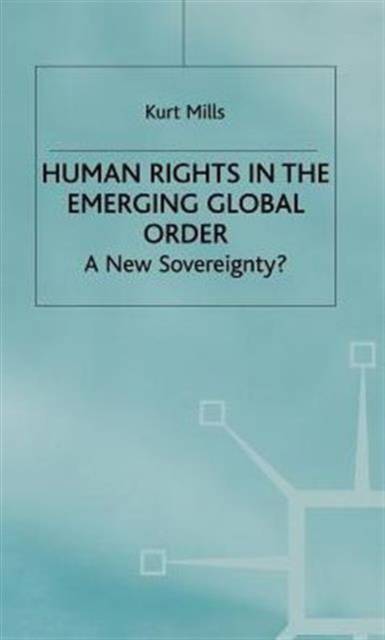
- Afhalen na 1 uur in een winkel met voorraad
- Gratis thuislevering in België vanaf € 30
- Ruim aanbod met 7 miljoen producten
- Afhalen na 1 uur in een winkel met voorraad
- Gratis thuislevering in België vanaf € 30
- Ruim aanbod met 7 miljoen producten
Zoeken
€ 209,95
+ 419 punten
Uitvoering
Omschrijving
Mills focuses on one of the most significant parts of the sovereignty debate on human rights and humanitarian issues and raises three interrelated questions. First, how are empirical processes and practices undermining traditional notions of sovereignty? These include actions by the United Nations and other organizations on behalf of human rights, such as humanitarian intervention, the movements of refugees and others across the borders, and increasing calls for communal self-determination. Second, taking into account the above question, and examining these issues from a normative political theory perspective, what should be the relationship between individuals, groups, states, and the international community with respect to the twin aspects of power and authority inherent in sovereignty? Third, what new or modified international institutions may be needed in the future to deal with these humanitarian issues?
Specificaties
Betrokkenen
- Auteur(s):
- Uitgeverij:
Inhoud
- Aantal bladzijden:
- 256
- Taal:
- Engels
- Reeks:
Eigenschappen
- Productcode (EAN):
- 9780333721278
- Verschijningsdatum:
- 14/09/1998
- Uitvoering:
- Hardcover
- Formaat:
- Genaaid
- Afmetingen:
- 140 mm x 216 mm
- Gewicht:
- 494 g

Alleen bij Standaard Boekhandel
+ 419 punten op je klantenkaart van Standaard Boekhandel
Beoordelingen
We publiceren alleen reviews die voldoen aan de voorwaarden voor reviews. Bekijk onze voorwaarden voor reviews.











